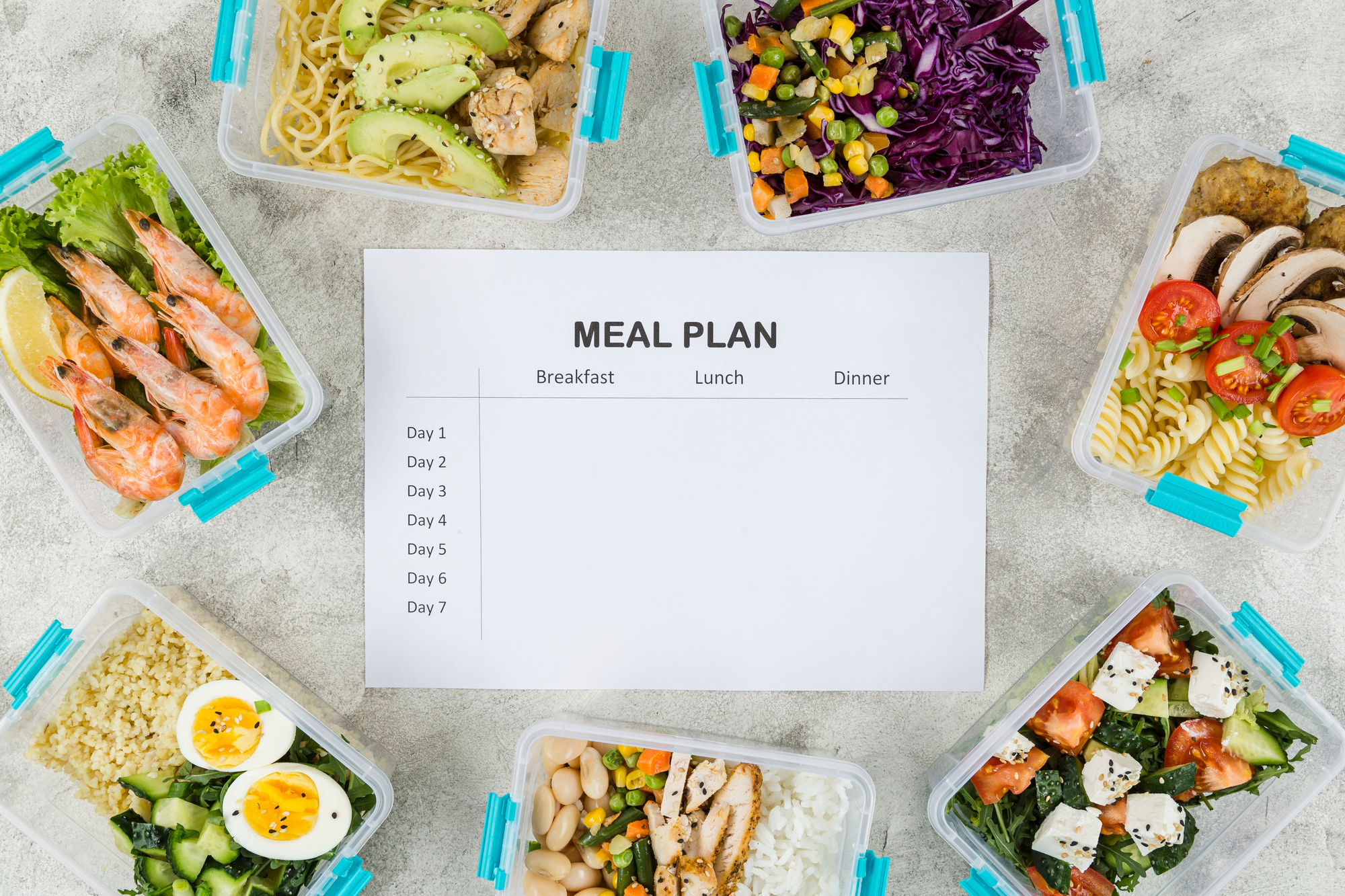
Understanding Decision Fatigue: Why Making Choices Can Wear You Down
In today’s fast-paced world, we’re constantly bombarded with choices—from what to eat for breakfast to which career path to pursue. While having options is generally a good thing, it comes at a cost: decision fatigue. You’ve likely heard the term before, but what exactly is decision fatigue, and how does it impact your daily life?
What is Decision Fatigue?
Decision fatigue refers to the deteriorating quality of decisions made after a long session of decision-making. Just like our muscles tire after physical exertion, our brains become fatigued after making numerous decisions, big or small. As we deplete our mental energy, our ability to weigh choices carefully diminishes, leading to poor decisions, impulsivity, or avoidance.
The Science Behind Decision Fatigue
Psychologists have found that decision-making taps into our mental energy, which is a limited resource. Every choice we make, whether it’s trivial or significant, consumes some of that energy. Over time, as that energy depletes, the brain seeks shortcuts to cope—often leading to one of two outcomes:
- Decision Avoidance: You might start postponing decisions, procrastinating, or feeling overwhelmed when faced with more options.
- Impulsive Decisions: When we’re mentally exhausted, we’re more likely to make quick, less thoughtful choices. This can manifest as opting for the easiest or most immediate option rather than what’s best in the long run.
Examples of Decision Fatigue in Everyday Life
- Shopping: Ever notice how you’re more likely to add unnecessary items to your cart at the end of a long shopping trip? Retailers often place tempting items like candy or snacks near the checkout for this very reason.
- Work: As your workday progresses, the quality of your decisions may decline. You might find it harder to focus during afternoon meetings or make hasty decisions when replying to emails late in the day.
- Healthy Habits: Sticking to a diet or exercise routine becomes harder as decision fatigue sets in. By the end of the day, when your willpower is low, grabbing fast food or skipping a workout might seem more appealing.
Combatting Decision Fatigue
The good news is that there are strategies you can use to reduce the impact of decision fatigue:
- Simplify Routine Decisions: Reducing the number of trivial choices you make daily frees up mental energy for more important decisions. For example, many successful people adopt a simplified wardrobe or meal plan.
- Prioritize Important Decisions Early: Make your most critical decisions at the beginning of the day when your mind is freshest. As the day goes on, reserve your mental energy for less demanding tasks.
- Use Checklists and Systems: Establishing routines and systems for recurring tasks can reduce the need to make decisions. For example, meal planning or scheduling tasks ahead of time helps minimize the daily mental load.
- Limit Options: When faced with too many choices, narrow them down. Studies show that too many options can be overwhelming and lead to poorer decisions.
- Take Breaks: Regular mental breaks can help replenish your energy and reduce the effects of decision fatigue. This might involve stepping away from your desk, going for a walk, or practicing mindfulness techniques.
How Plan Our Meals Can Help Reduce Decision Fatigue
One of the most common sources of daily decision fatigue is figuring out what to eat. With so many choices and the added pressure of balancing nutrition, preferences, and schedules, meal planning can become a daunting task. That’s where Plan Our Meals steps in.
Plan Our Meals is designed to take the guesswork out of meal planning by offering personalized meal suggestions based on your preferences, dietary needs, and schedule. Here’s how it helps combat decision fatigue:
- Automatic Weekly Meal Plans: Instead of debating what to cook each day, you can rely on Plan Our Meals to create meal plans that align with your tastes and nutritional goals. Your weekly meals are planned with the click of a button, freeing up your mental energy.
- Meals you know: While variety is important, having too many choices or having to make somethign you've never made before can be overwhelming. Plan Our Meals only gives you meals you choose, either create your own or search our existing meals. By planning familiar meals, dinner time is easier since you won't need to check the recipe at every step.
- Grocery Lists Made Simple: After your meals are planned, Plan Our Meals automatically generates a shopping list. This not only saves time but also reduces the cognitive load of figuring out what ingredients you need—one less decision to make!
- Flexibility Without Overwhelm: Need to swap a meal? No problem. Plan Our Meals allows you to adjust your meal plan with a few clicks, offering alternative dishes without overwhelming you with endless choices.
By automating and simplifying meal planning, Plan Our Meals helps you conserve mental energy, allowing you to focus on other important decisions in your life. It’s a small change that can have a big impact on reducing overall decision fatigue.
The Broader Implications
Decision fatigue doesn’t just affect individual choices—it can have societal consequences too. In legal and healthcare settings, for instance, decision fatigue has been shown to lead to inconsistent rulings by judges or flawed diagnoses by doctors. Understanding how our decision-making abilities decline throughout the day underscores the importance of building systems that reduce unnecessary decisions and support better judgment.
Final Thoughts
Decision fatigue is an unavoidable part of modern life, but it doesn’t have to control your decisions. By simplifying choices, prioritizing tasks, and giving your brain the breaks it needs, you can regain control over your mental energy and make more deliberate, thoughtful decisions. Tools like Plan Our Meals can play a key role in reducing daily decision fatigue, helping you streamline one of life’s most common challenges: figuring out what’s for dinner. Remember: conserving your decision-making power isn’t just about efficiency—it’s also about making decisions that align with your long-term goals and values.

Why I Created "Plan Our Meals": A Meal Planning Website for Couples and Families
by James AndersonWhen I set out to create "Plan Our Meals," my goal was to design a meal planning website that would make life easier and healthier for couples and families. As someone who has experienced the challenges of meal planning firsthand, I...
Read More
How to Lose Weight with Plan Our Meals
by James AndersonLosing weight is simple in theory. All you really need to do is eat less calories than your body requires. Achieving that is easier said than done. Here's how to make it easy.
Read More
How to get the most out of Plan Our Meals
by James AndersonHere are five steps to help you get the most out of Plan Our Meals
Read More